About Us
We are a consultancy specialising in change management and organisational development. We offer training, coaching and keynote presentations. Our recent projects include constructive conversations in care homes, teambuilding at the Tate, and leadership development in global companies, NGOs and councils. Our innovative team brings fresh perspectives to client problems and challenges. We develop strong working relationships with clients to reach actions that make a useful difference.
Our Team
Our team of coaches, consultants and facilitators – inspirational people with extensive experience – is led by Paul Z Jackson and Janine Waldman.
Paul Z Jackson
Paul is an inspirational consultant, designer, facilitator and coach. With a background in journalism, as a senior producer with BBC Radio and as the founder of the More Fool Us improvisation team, he brings humour and drama to his trainings and presentations, enriching his audiences at conferences and seminars
He is author or co-author of 7 books, including the classic and ground-breaking The Solutions Focus – Making Coaching & Change SIMPLE, rated as one of the Top 30 Business Books of the year in the USA.
Janine (MSc PCC FCIPD) is an accomplished coach, facilitator, organisational development consultant and author with three decades of experience. She designs and leads learning, development and change initiatives that deliver transformative results.
Having held senior HRD positions in both the UK and New Zealand, she became co-owner of The Solutions Focus in 2002, introducing thousands of professionals, managers, and coaches to solutions-focused approaches. Passionate about engendering sustainable change, Janine is a co-author of “Positively Speaking: The Art of Constructive Conversations with a Solutions Focus,” “The Resilience Pocketbook,” and “The Executive Guide to Engagement, Resilience, and Performance.”
Our Clients
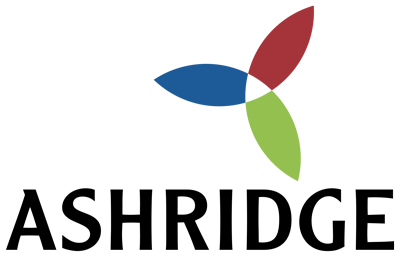
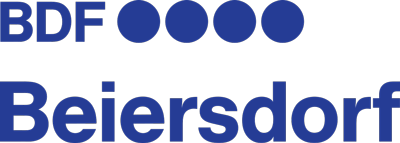

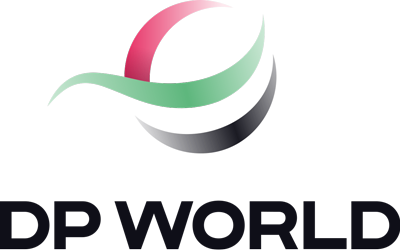

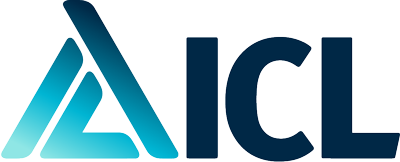




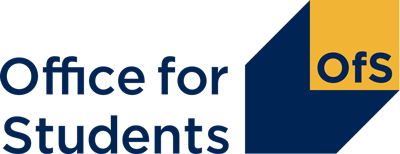



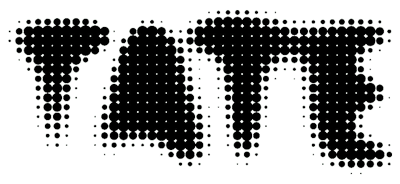
Our Approach
Solutions Focus is a pragmatic and positive methodology which significantly improves communications for individuals, teams and organisations. Professional coaches, leaders, managers and consultants worldwide are using Solutions Focus as:
- A direct route to desired results
- A systematic approach to conversations that makes a big impact wherever there are complex issues with people involved
- A way of creating respectful and lasting change
- A method of identifying what works and doing more of it
The OSKAR Coaching Model
Managers and coaches find it easy and useful to learn our solutions-focused coaching model, OSKAR.
OSKAR is an acronym, standing for Outcome, Scaling, Know How, Affirm and Action, Review.

OUTCOME
What is the objective of this coaching?
We discover what the client wants and what will make the coaching sessions worthwhile.

On a scale of 0 to 10, where are you on that scale today?
The client makes a call about where they are on the scale, identifying their current position and opening a conversation to potential progress.

What helps you perform that high on the scale?
Our interest is in what works here and we assume that there is a lot of know how around, specifically in relation to the topic at hand.

AFFIRM & ACTION
What’s already going well and what is the next small step?
Hearing about one’s relevant, successful experiences and resourceful qualities is a good preparation for selecting a useful next step, based on what is expected to work.

REVIEW
What’s better?
Our interest in subsequent sessions is in what’s better, what progress has been made, bringing a cycle back to a start, to consider what might be next for the coach and client to speak about.
Six SIMPLE Principles
Staying simple is the key to maintaining a Solutions Focus.
You will enjoy our direct, pragmatic results-focused approach, based on simplicity in language, directness and presence.

SOLUTIONS
not problems.
We help our clients to get what they want by keeping on track, not wasting time discussing what they don’t want. We maintain a focus on solutions during the conversation, by checking as it goes along that it is still about the desired aspects of the topic.

INBETWEEN
not individual – the action is in the interaction.
There’s a good chance that our clients will get more of what they want if they acknowledge what their conversation partners want. Conversations can be altered (from what people thought they might say) by what the other people say.

MAKE USE
of what’s there – not what isn’t.
We help clients accept whatever it is they are facing. We make them aware of their own resources for the conversations they are embarking upon.

from the past, present and future.
We encourage clients to recall previous successes and approach the future with clarity and renewed hope.
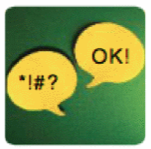
LANGUAGE
simply said – clear not complicated.
Conversations will be more constructive if the people involved understand what is going on. Using vocabulary that is as simple as possible, avoiding complicated words, phrases and jargon will help keep everyone on track.

beware of ill-fitting theory.
We remain alert to what is uniquely to our client’s advantage in each situation to save them from applying tactics that may have worked before and being surprised that they don’t work this time.
Solutions TOOLS
In our consulting and project work, we use eight ‘Solutions Tools’:

What’s wanted
With the Platform tool, we specify who wants what, discover the value of the project and check that there’s a willingness to act.

FUTURE PERFECT
The outcome in more detail
Suppose we achieved what we wanted, how would we know? With the Future Perfect, we articulate the desired outcome in detail, so we could recognise it if it happened.

SCALE
Measuring progress
On a scale from 1-10, where are we now? How much progress have we made already, and what will tell us that we are further up the scale?

Finding what’s working
We collect evidence of what counts in getting us towards our solution. We discover what’s working well and identify relevant resources, including strengths and experiences.

AFFIRM
Noticing useful qualities
During our investigations, we’ll have learned what people involved are doing well. This is the moment to let people know what’s impressive about their attitudes and actions.

SMALL ACTIONS
Making progress
Choosing small steps will propel us towards the actions more likely to help us on our way.

REVIEW
What’s better
Our interest in subsequent sessions is in what’s better and what progress has been made.

WHAT ELSE
Wider and deeper
We ask ‘What Else?’ to go deeper into the useful aspects of the case, and to find out more widely what else is worthy of consideration.


